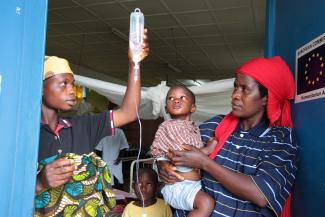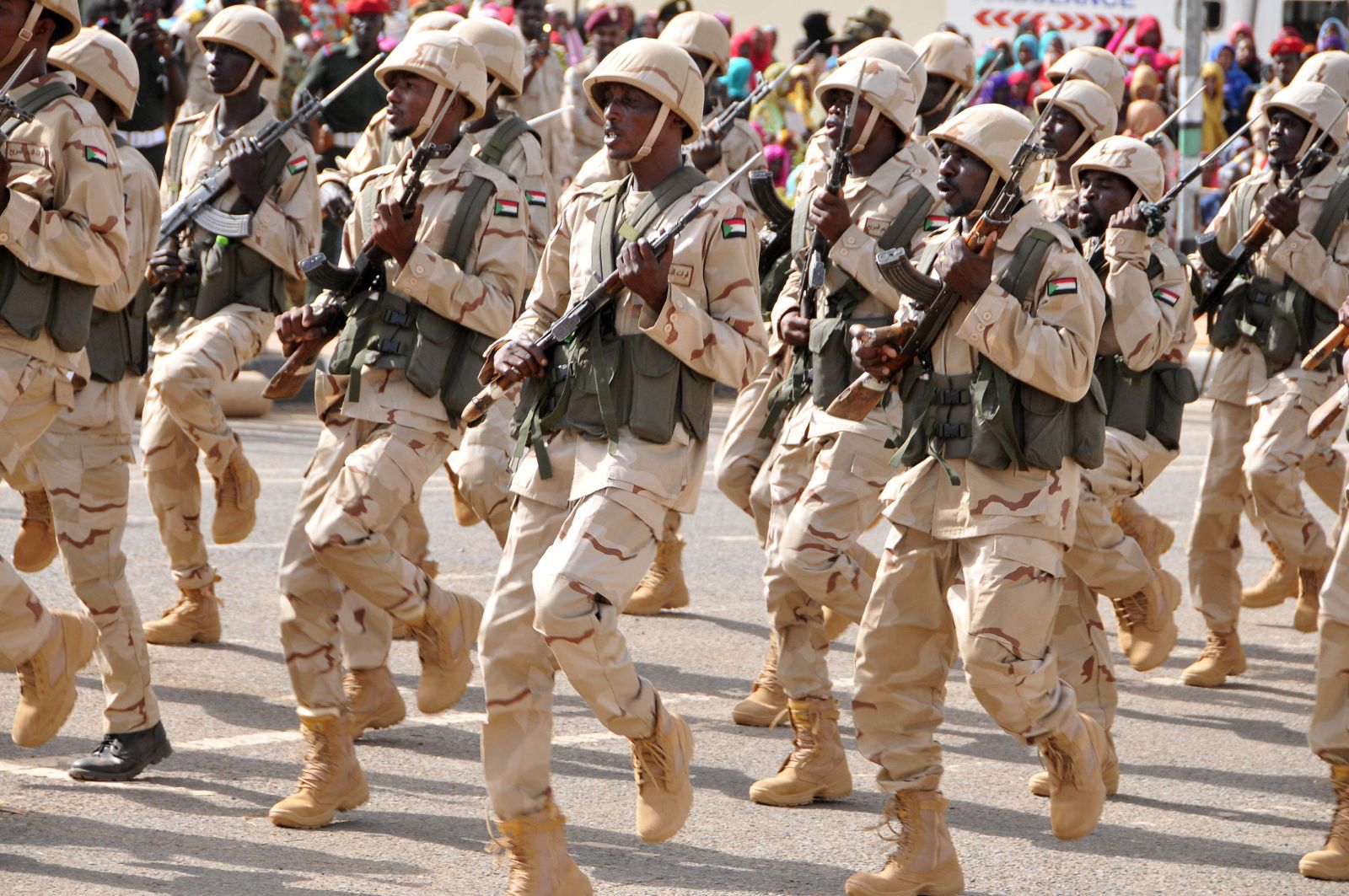Editorial
One voice

What began as a community of six post-war nations in desperate need of reconstruction soon became a thriving common market that attracted ever more members – and to join, they had to be democracies. Today, the EU has half a billion people in 28 member countries, some of which were previously under communist, fascist or military rule. In the past decades, the EU has shown that it is possible for people who speak different languages, belong to different cultures and adhere to different religions and world views to join in a continental union, build supranational institutions and prosper. It is a model for the world community which must manage the global commons in cooperation.
Today, however, it sometimes feels as if the good times were over in the EU. Bloodshed is hurting eastern Ukraine. Apparently, Russia’s President Vladimir Putin believes that the hard power of military arms beats the soft power of peaceful cooperation, freedom and shared economic success that the majority of Ukrainian citizens are attracted to. It is noteworthy, that people rallied in Ukraine for an accession agreement with the EU last year even though the euro crisis has dented its often celebrated social model. Indeed, contributors from Asia, Africa and Latin America have asked us repeatedly why Europe is inflicting on itself the pain that failed structural-adjustment programmes caused in developing countries in the 1980s and 1990s.
The EU and its members are the largest donor of official development assistance (ODA) today. They have declared 2015 to be the European Year for Development. In many ways, European aid policies are setting examples. The European Commission is right to raise awareness. Doing so is difficult however. The public is not thrilled by bureaucratic and diplomatic jargon concerning the 11th European Development Fund and its impact on members of the ACP group of countries in Africa, Caribbean and Pacific. Apart from being hard to understand, moreover, the ODA policies of the EU and its members are quite fragmented. Yet another challenge is that they are not convincingly integrated into a comprehensive foreign policy that would have to include fields like trade, security, global common goods and migration, for instance.
The good news is that Commission and member governments understand the challenges. There has been progress on better coordinating external policies, and there is a chance of the reorganised Commission making yet more progress. All partners know that the EU must speak with one voice to play its role in the global arena.
In spite of its problems, the EU still seems attractive to many people in Africa, the Middle East and Asia. Thousands risk their lives trying to cross the Mediterranean in order to reach what to them looks like a promised land of peace and prosperity. European leaders should not only consider them a threat. A more welcoming attitude would fit the EU’s human-rights principles, do a lot to improve its international standing and – in the long run – help the continent’s ageing societies to cope with demographic challenges.
Hans Dembowski is editor in chief of D+C/E+Z.
euz.editor@fs-medien.de












